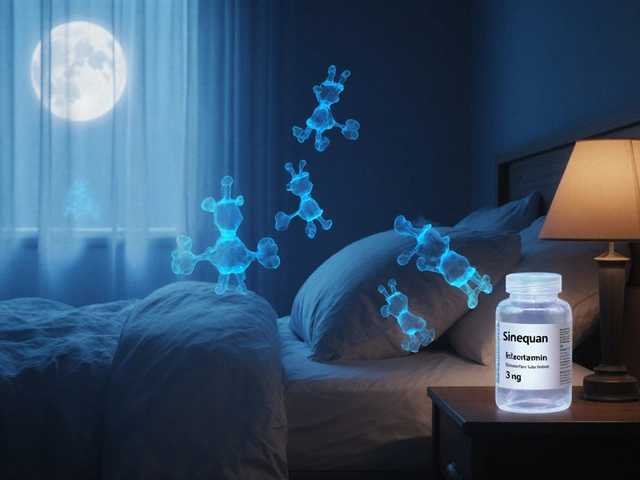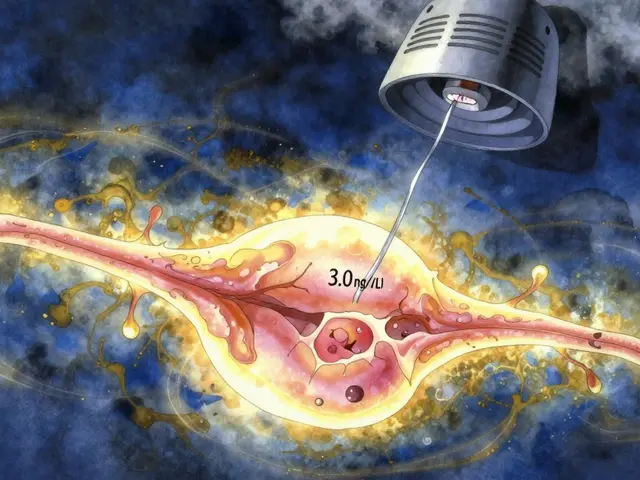Memory Loss – What Triggers It and How to Fight Back
Ever walked into a room and drawn a blank on why you’re there? That moment of “what was I thinking?” is a common sign of memory loss, and it can feel unsettling. The good news is that most everyday forgetfulness isn’t a sign of a serious disease. It’s often tied to habits, stress, or small health changes that you can tweak today.
Common Reasons Your Memory Might Slip
First, look at sleep. Skipping a full night of rest clouds the brain’s ability to store new information. Even a couple of nights of 5‑hour sleep can make names and dates disappear faster.
Second, diet matters. Foods high in sugar or processed carbs cause spikes and crashes in blood sugar, which messes with the brain’s fuel supply. Think of it like a car that runs on low‑grade gasoline – performance drops quickly.
Third, stress and anxiety keep cortisol levels high. Chronic cortisol works like a dampener on the hippocampus, the part of the brain that handles memory. Simple breathing exercises or short walks can lower that stress hormone.
Fourth, lack of physical activity reduces blood flow to the brain. Even a 20‑minute walk a day helps deliver oxygen and nutrients that support memory cells.
Lastly, certain medications or medical conditions, such as thyroid issues or vitamin B12 deficiency, can sneakily affect recall. If you suspect a drug is the culprit, talk to your doctor about alternatives.
Everyday Moves to Keep Your Brain Sharp
Start with a consistent sleep schedule. Aim for 7‑9 hours, go to bed at the same time, and keep screens out of the bedroom. A dark, cool room signals your body it’s time to rest.
Eat brain‑friendly foods. Add berries, leafy greens, nuts, and fatty fish like salmon to meals. These items provide antioxidants and omega‑3s that protect brain cells.
Stay hydrated. Even mild dehydration can cause mental fog. Keep a water bottle handy and sip throughout the day.
Challenge your mind. Simple puzzles, learning a new hobby, or even swapping your usual route to work forces the brain to make new connections.
Make movement a habit. A brisk walk, light jogging, or a short home workout lifts heart rate and pumps fresh blood to the brain.
Use memory tricks. Write down appointments, set phone reminders, and repeat information out loud. The act of speaking reinforces the memory trace.
Reduce multitasking. When you try to do several things at once, the brain splits focus and stores less detail. Finish one task before moving to the next.
Check your meds. Review any prescription or over‑the‑counter drugs with a pharmacist to ensure none list memory loss as a side effect.
Take short breaks during long work periods. A five‑minute pause every hour helps reset attention and prevents mental fatigue.
Finally, manage stress with quick techniques like deep breathing, progressive muscle relaxation, or a few minutes of meditation. Lower stress means lower cortisol, which supports clearer recall.
If you notice persistent forgetfulness, especially if it interferes with daily life, schedule a check‑up. Early detection of underlying conditions makes treatment easier.
Memory loss doesn’t have to be a permanent roadblock. By tweaking sleep, diet, activity, and stress habits, you can give your brain the boost it needs to stay sharp. Try a few of these tips today and notice the difference in how often you remember where you left your keys.
Alcohol Dependence Syndrome: Long-term Effects on Cognitive Function
Alcohol dependence syndrome chips away at your ability to think, remember, and make decisions—often for years before you notice. This article digs into how heavy drinking actually changes the brain, why it’s not just about short-term memory lapses, and what science says about long-term risks like dementia. Get practical tips on spotting early warning signs, plus real ways to help your brain recover if you (or someone you care about) decide to stop drinking. The damage isn’t always set in stone, but ignoring it won’t make it go away.




